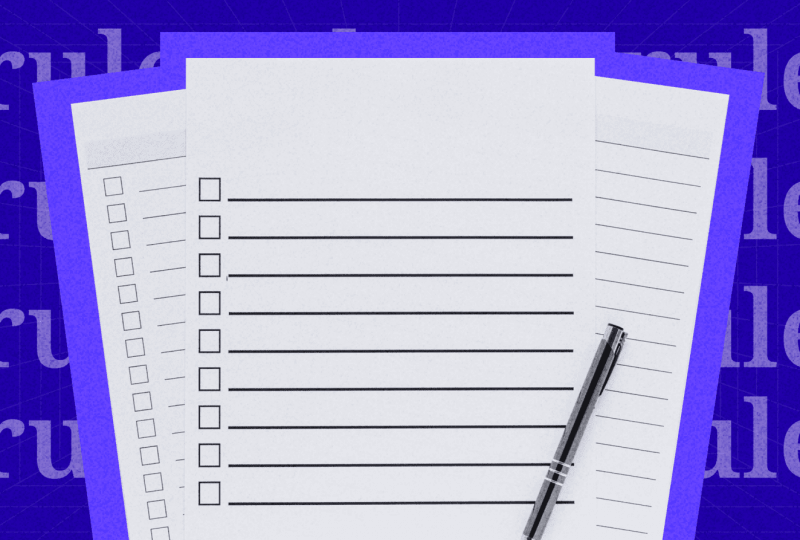EU’s New AI Rules: An Overview of Data Transparency and Industry Impacts
Jun 14, 2024

The EU’s new AI law introduces stricter guidelines, which are essential for open AI model training. Businesses are now obliged to share their methods of training their AI systems. Over the course of the following two years, these regulations will be gradually implemented to give people time to adjust and comply.
What Are The Requirements?
Organizations need to be transparent according to the AI European regulation. Companies must now give “detailed summaries” of the data used to train their algorithms. In addition to addressing data ownership and copyright infringement issues, this law guarantees data openness. The following two years have been allocated to the EU AI Act timeline, which permits these regulations to be implemented gradually. By early 2025, the newly created AI Office would supervise the procedure and offer a model for businesses to use. These actions are part of more significant initiatives to regulate AI and establish a transparent and responsible framework for AI research in Europe.
What Was The Industry Reaction?
The new EU rules on AI have sparked strong reactions from major AI companies. They have voiced reservations about the standards, especially the requirement to reveal thorough summaries of training data. These businesses contend that disclosing such information might jeopardize their competitive edge and trade secrets.
For example, Google has stated that sharing extensive training data may make it less competitive. According to them, intellectual property could be lost if such transparency reveals confidential information and business plans. Google is especially worried that this rule could make it easier for rivals to copy their technology by disclosing private information essential to their AI models.
While OpenAI has sparked questions about potential threats to innovation. The group thinks that the demands for transparency may hinder innovation and delay the advancement of new AI technology. They contend that AI regulation can discourage businesses from funding cutting-edge AI research because of concerns about having to reveal confidential information that rivals could exploit to obtain an unfair advantage.
Several businesses have opposed the rules, claiming they could jeopardize confidential data. This resistance has resulted in legal problems. Recently, lawsuits concerning the use of data for AI training have surfaced, highlighting the conflict between intellectual property and regulations.
Microsoft’s Response
Because of privacy concerns, Microsoft has postponed the release of its Recall AI function. The function underwent a comprehensive evaluation before its official debut because the corporation knew of the potential risks related to user privacy and data transparency.
Recall AI is a tool that summarises previous encounters and serves as a reminder to users. By employing AI to remember significant details and occurrences, it seeks to increase productivity. Nonetheless, Microsoft has taken additional security measures to guarantee user privacy and data protection because of the sensitive nature of the data involved.
Microsoft has made a point of demonstrating its dedication to providing a reliable and safe user experience. The business wants to ensure that Recall AI conforms to all requirements, including the new one, and addresses any possible privacy concerns by postponing the feature’s introduction.
Final Thoughts
The forthcoming EU AI laws focus on transparency. Due to the secrecy of their advancements, major AI businesses have voiced reservations about these laws. Microsoft’s delayed introduction of the Recall AI tool demonstrates the company’s careful approach regarding this new legislation.




